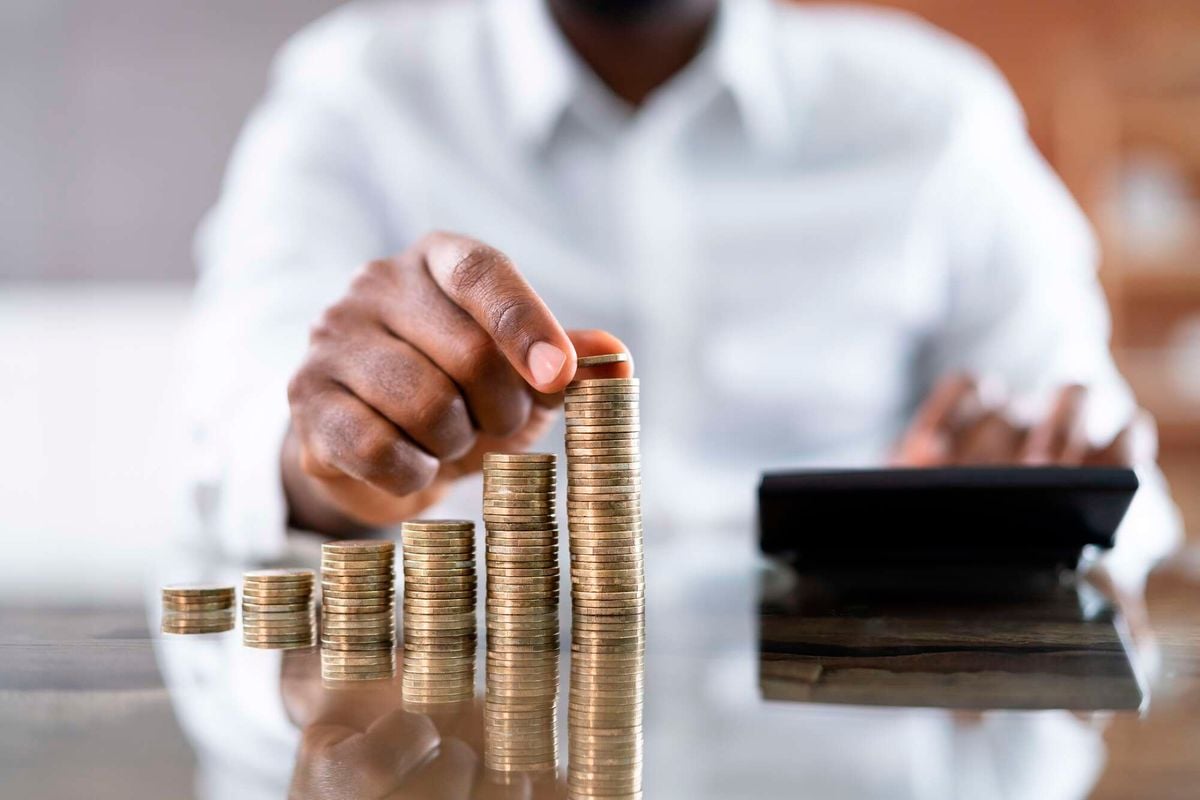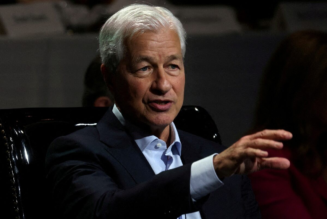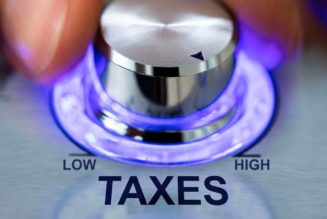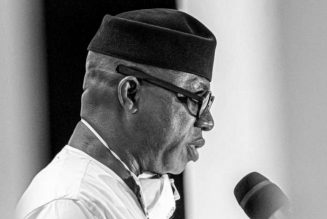
When Russia invaded Ukraine in 2022, global oil and gas prices suddenly shot up across the world, and fuel companies found themselves making exceedingly high profits.
To mop-up excessive opportunistic profits, United Kingdom imposed on oil producing companies a 25 percent windfall tax (termed Energy Profits Levy) on top of corporation tax, to run until 2028.
The levy revenues were to be used to enhance national energy security while reducing inflationary pressure on energy consumers. The moral justification was that an economic sector should not unduly profiteer from a national emergency or calamity.
In Kenya, the same Russian-Ukrainian crisis created significant inflationary pressure while also prompting exchange rate volatility.
To curb inflation, the Central Bank of Kenya (CBK) prescribed higher interest rates, which automatically increased bank profits and dividends. The situation continues to this day. It is assumed that the huge profits are after bad debts provisions. Out of the same economic crisis, banks made speculative earnings from foreign exchange volatility.
These profits are by nature windfall, and no different from opportunistic profits made by UK oil companies. Yes, these are profits directly assisted by a CBK administrative action to get the country out of an economic crisis.
They are not from additional capital injection or marketing efforts. The moral question for Kenya is whether the incremental profits should be taxed to assist those socio-economic sectors and groups impacted by increased interest rates.
Resulting directly from hiked interest rates is a large number of defaults on loans, including homeowners’ mortgages. Many borrowers have also found themselves inadvertently blacklisted by credit reference bureaus. Yes, it has been contradictory when banks are simultaneously announcing huge earnings and huge levels of debt defaulters.
For a start, the CBK should mandate that adverse credit reference ratings directly associated with increased lending rates be reviewed and where necessary reversed.
Further, like what happened during the Covid-19 pandemic, the government should dialogue with banks on how to provide relief to deserving cases of loan defaults, especially those in SME sub-sector.
Long term, the windfall tax concept should be entrenched as a practice in instances where excessive profits are made from regulatory or administrative actions in response to national distress. A case in point are inordinate profits made on emergency food imports by businesses and individuals.
In the meantime, let a conversation begin of how to address the high cost of credit to businesses and individuals.









